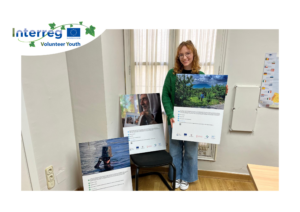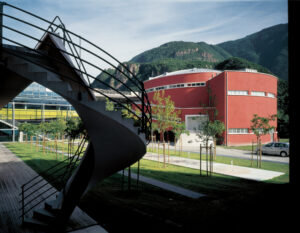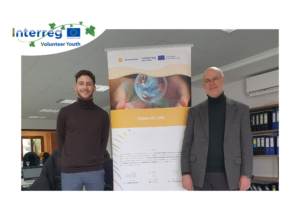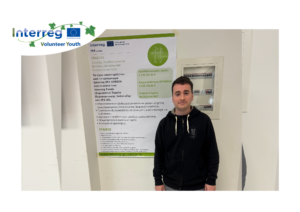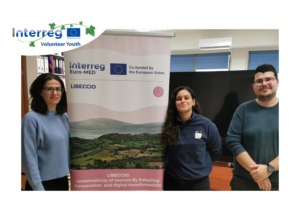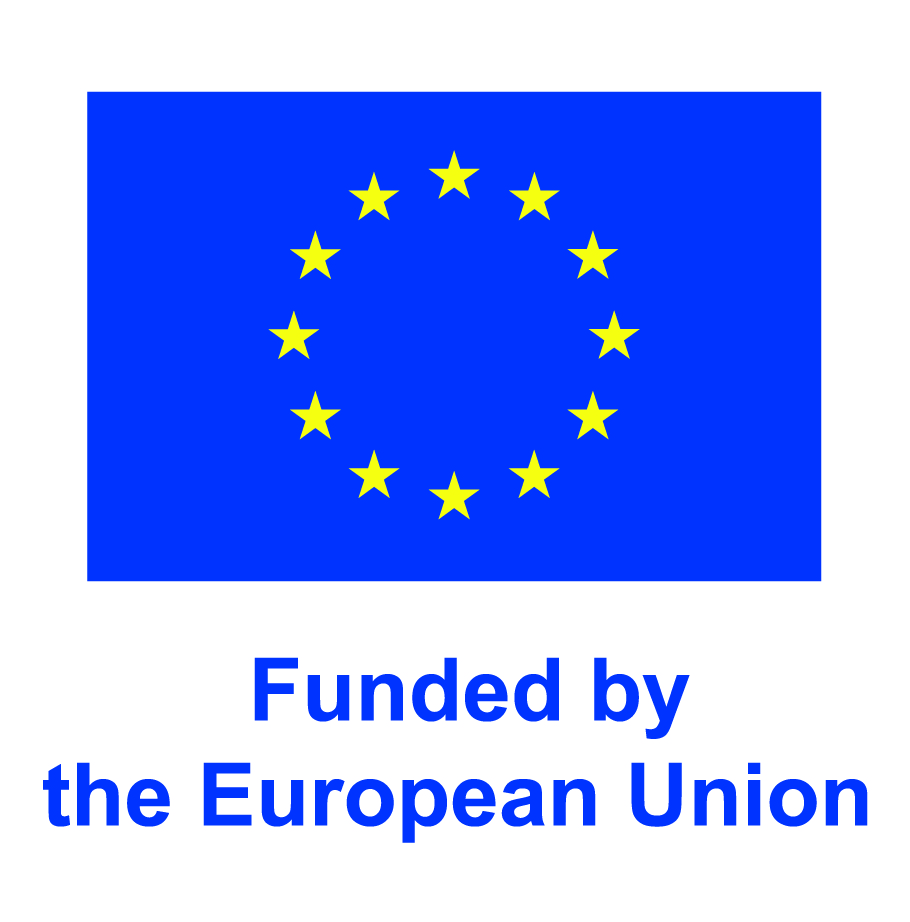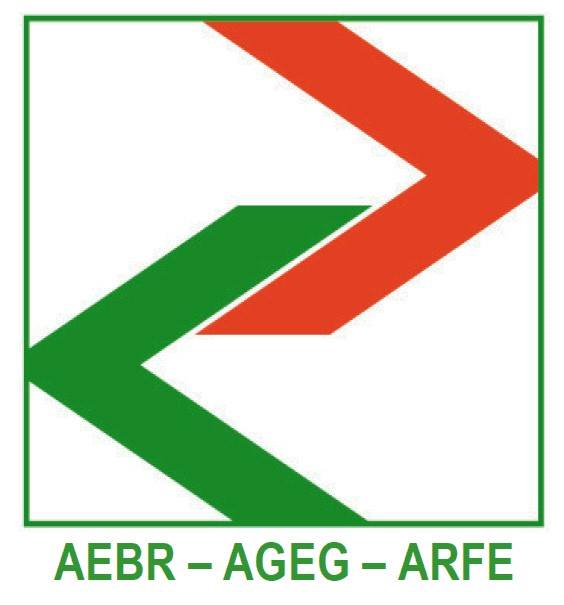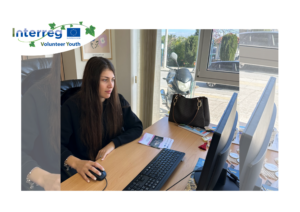
Showcasing Sustainable Tourism in the Mediterranean: My Experience with the HERIT ADAPT Project
Hey there! I’m a volunteer through the IVY programme, and I’m excited to be part of the Interreg MED project HERIT ADAPT – Heritage and Resilience of Territories through Sustainable Tourism, Climate Change Adaptation, and Citizen Engagement. HERIT ADAPT is an international collaboration that brings together 11 partners from 8 Mediterranean countries, all working towards making tourism more sustainable and helping our regions become more resilient in the face of climate change. The project kicked off in January 2024 and will run until September 2026. How I’m involved:I’m part of the team from the Region of Western Greece, which actually leads the project. My role includes helping out with communication, research, and getting the local community involved. One cool part of my job is supporting the creation of local working groups (TWGs) made up of local stakeholders, citizens, and tourism professionals. Together, we chat, figure out local needs, and co-design a Sustainable Tourism Model that really fits the unique character of our region. What excites me about HERIT ADAPT:This project isn’t just some theory on paper—it’s hands-on, it makes a real difference in the community, it activates people, and it taps into our rich cultural and natural heritage. It also gives us the tools to rethink tourism in a greener, more sustainable way. Plus, I get to collaborate with people from different countries and backgrounds, which is super inspiring! Who benefits:With pilot activities happening in 8 Mediterranean regions—some well-known, others a bit under the radar—HERIT ADAPT benefits local communities, tourism professionals, visitors, and of course, the natural and cultural resources of each area. It brings everyone together, helping us tackle big challenges like climate change through teamwork and fresh, innovative ideas. Want to learn more? Check out the project’s page here:👉 https://heritadapt.interreg-euro-med.euYou can also follow us on Facebook or LinkedIn!📧 Get in touch: heritadapt@interreg-euro-med.eu #HERITADAPT #IVYvolunteers #SustainableTourism #ClimateAction #InterregMED – Theodora-Eleftheria, IVY Project Partner at the REGION OF WESTERN GREECE (RWG) – PERIFEREIA DYTIKIS ELLADAS (PED), Development Planning Directorate, Department of Regional Development Incentives, for the Interreg Euro-MED project Herit Adapt

